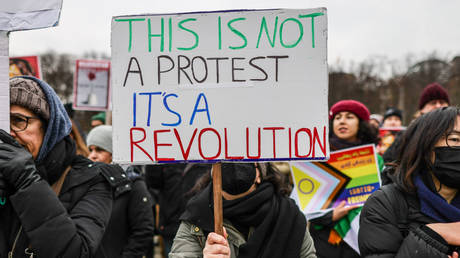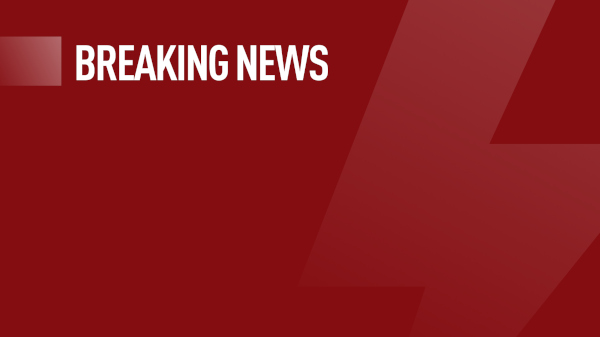
Oversight Board says posting anti-Khamenei slogans on Facebook isn’t hate speech
Posts wishing death to the Iranian Supreme Leader Ali Khamenei are appropriate in the “context” of ongoing political turmoil and therefore not hate speech, Mark Zuckerberg’s social media company Meta has been told by its censorship advisory body.
One of Meta’s platforms, Facebook, had deleted a cartoon that depicted Khamenei as oppressing women. In a text bubble in Farsi, the cartoon called the Islamic Republic the worst dictatorship in history and wished death on the “anti-women Islamic government” and its “filthy leader Khamenei,” according to the Oversight Board.
While Meta initially said the post violated their policy on “Violence and Incitement,” the decision was quickly reversed on grounds of “newsworthiness,” according to the company.
The Oversight Board ruling further argued that the language of the post was legitimate political speech.
“In the context of the post, and the broader social, political and linguistic situation in Iran, ‘marg bar Khamenei’ should be understood as ‘down with’. It is a rhetorical, political slogan, not a credible threat,” the board wrote.
Iran has been dealing with civil unrest – ranging from street demonstrations to assassinations of police officers – since September, when media reports claimed 22-year-old Mahsa Amini was killed by police for improperly wearing her hijab. The Iranian authorities have blamed the unrest on Western governments that seek “regime change” in Tehran.
This is not the first time Meta has relaxed its “hate speech” policies in response to world events. In February 2022, the platform said it would allow users in several countries to wish death on Russian “invaders” or President Vladimir Putin, as a legitimate expression of “anger” over the conflict in Ukraine. Moscow cited that as one of the factors for eventually designating Meta as an extremist organization, affecting Facebook and Instagram access in Russia.
The Oversight Board was established in 2019, as a way for Zuckerberg’s social media behemoth to outsource content moderation to “experts.” It is nominally independent and consists of 40 people from all around the world.
Documents made public in recent months have shown that the US government, intelligence agencies and even political operatives had all influenced social media companies to ban certain people, ideas or phrases. The process was predicated on spurious claims of “Russian meddling” in the 2016 US presidential election.




